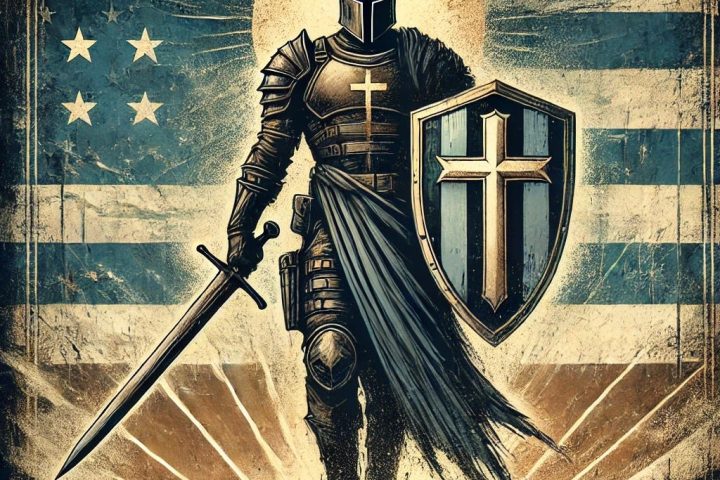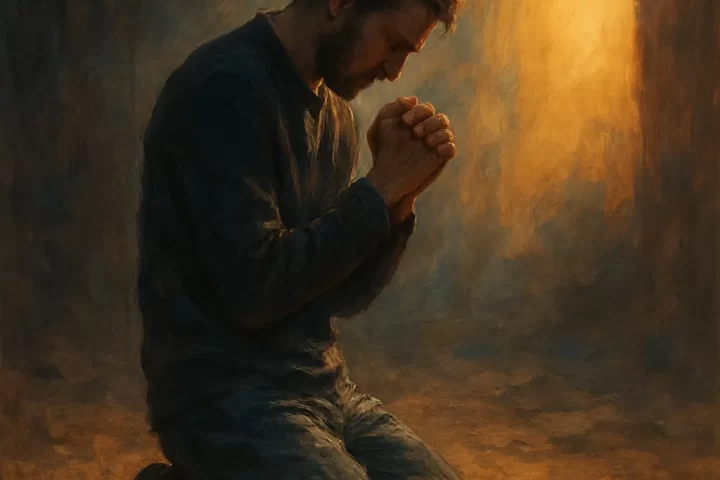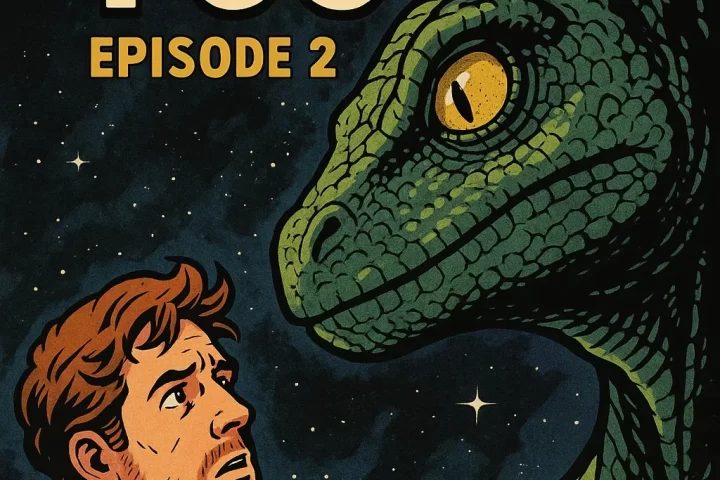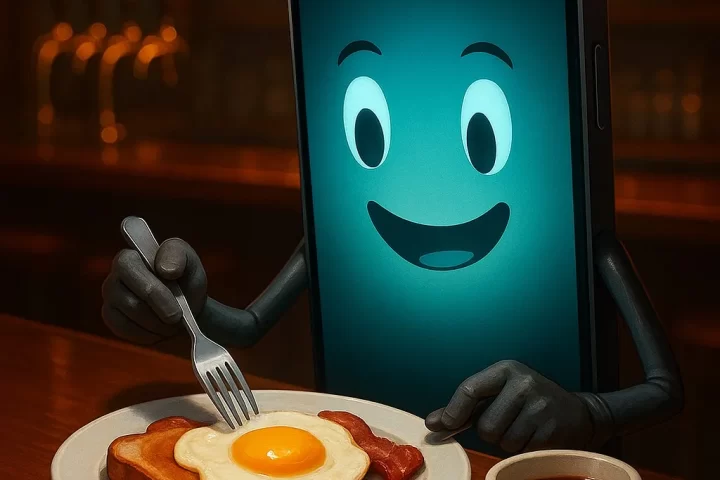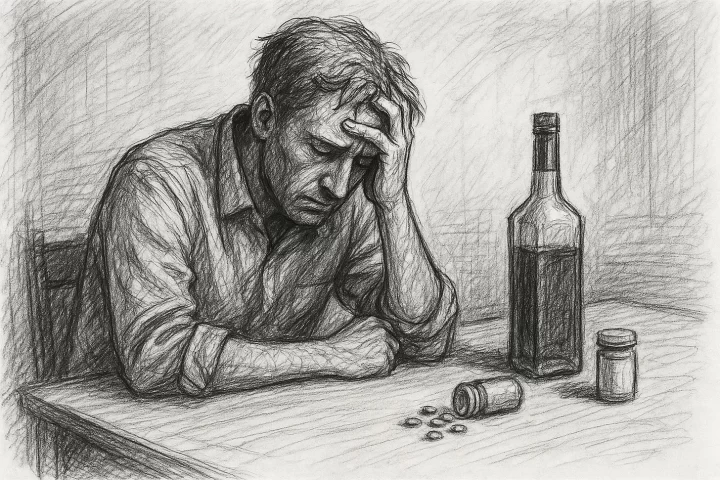For nearly two and a half centuries, Americans have prided themselves on being a people without a king. Our revolution was fought against monarchy, our Constitution crafted to restrain tyranny, and our civil religion forged in the fires of liberty. But beneath our defiant slogans and constitutional safeguards lies a truth we’ve long refused to confront: while we may reject the image of a crown, we have not extinguished the desire for one.
There is a deep longing in the human soul—a void that theologians have called a “God-shaped hole.” But this is not merely an abstract emptiness; it is a vacancy shaped like the King. In the Christian tradition, that King is Jesus Christ: a righteous ruler who governs not by coercion but by truth, not by fear but by love. Yet the human heart, drawn to its own autonomy and sin, often resists that divine authority. And when it does, it seeks substitutes—earthly kings to satisfy the longing without requiring repentance.
The American experiment was built on the bold claim that free people could govern themselves without such kings—that virtue, reason, and constitutional structure could preserve order and liberty. But the history of the Republic tells a different, more sobering story. Over time, and especially in moments of crisis, we have increasingly turned to powerful leaders to deliver us from fear, complexity, and uncertainty. The very people who once cried, “No king but Christ!” now beg Washington for salvation—not from sin, but from economic hardship, foreign threats, and moral confusion.
Nowhere is this paradox more evident than in the steady expansion of executive power in the United States. Though the Constitution grants Congress authority over commerce and war, presidents have accumulated these powers through a succession of emergencies—each one a precedent for the next. The National Emergencies Act of 1976, meant to restrain presidential overreach, has instead become a permanent framework for rule by decree. The International Emergency Economic Powers Act of 1977, originally intended for targeted sanctions during genuine crises, is now being used to impose sweeping tariffs and reorder global trade—bypassing Congress entirely. The Patriot Act, passed in the wake of 9/11, granted unprecedented surveillance powers to the executive branch in the name of security, sacrificing liberty at the altar of fear.
These laws, and the habits they reflect, are not just legal evolutions; they are spiritual symptoms. They reveal a people who have lost their appetite for self-government because they have lost their foundation in self-governance. Liberty is not merely a structure of laws; it is a moral condition. It demands restraint, virtue, and responsibility—qualities that only flourish in the soil of faith and truth. As Alexis de Tocqueville warned, “Liberty cannot be established without morality, nor morality without faith.”
And so we find ourselves at a crossroads. On paper, we remain a constitutional republic. But in practice, we drift ever closer to a form of elected monarchy—placing our hopes in presidents who campaign as saviors and govern as sovereigns. Each new crisis brings new justifications for executive power, and each generation grows more comfortable with the idea of rule by decree. We say we want liberty, but we behave like those who prefer a king—so long as he shares our values or wears our party’s colors.
This must end. It is time for Americans to awaken from this dangerous slumber and remember who we are. We are not subjects of a throne, but citizens of a republic. Our founders believed that liberty was the gift of God, not the concession of rulers. They rejected the seduction of earthly kings because they knew that the human heart, left unchecked, would always seek one.
But liberty cannot survive without a higher allegiance. If we refuse the true King—if we resist His call to righteousness and self-mastery—we will inevitably create idols in His place. Our idols today wear suits instead of robes, issue executive orders instead of royal decrees, but the result is the same: a free people slowly enslaving themselves, not by force, but by consent.
This is our clarion call: to reject the lie that power is salvation, and to return to the truth that only truth can set us free. We must recommit ourselves to the rule of law, to constitutional limits, and above all, to the moral and spiritual discipline that liberty requires. America’s future does not lie in stronger presidents, but in stronger citizens—men and women who, knowing the King above all kings, have no need for earthly ones.
Let us be such people. Let us turn from fear, from apathy, from idolatry—and take up again the high calling of self-government, under God and in liberty.
We are still a nation without a king. Let us prove it—not just in word, but in deed.



